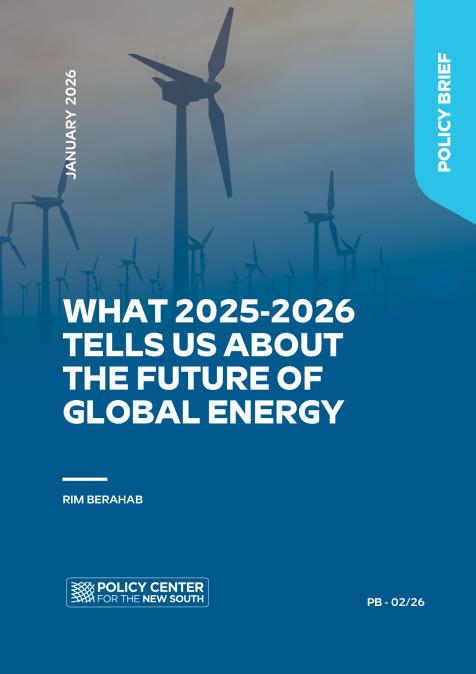Podcasts
L'émergence en question
07
September
2016
Related topics:
Ce podcast est délivré par Moubarack Lo. Cette présentation a pour objet de définir une théorie de l’émergence économique, qui constitue une étape vers la convergence avec les pays développés. Sur la base de cette définition produite, une méthode de mesure de l’émergence à travers un indice synthétique (ISEME) est proposée, en la testant avec un échantillon de 115 pays d’Afrique, d’Amérique, d’Asie et d’Europe. L’utilité potentielle de l’indice ISEME est enfin indiquée dans la dernière partie de ce podcast.











